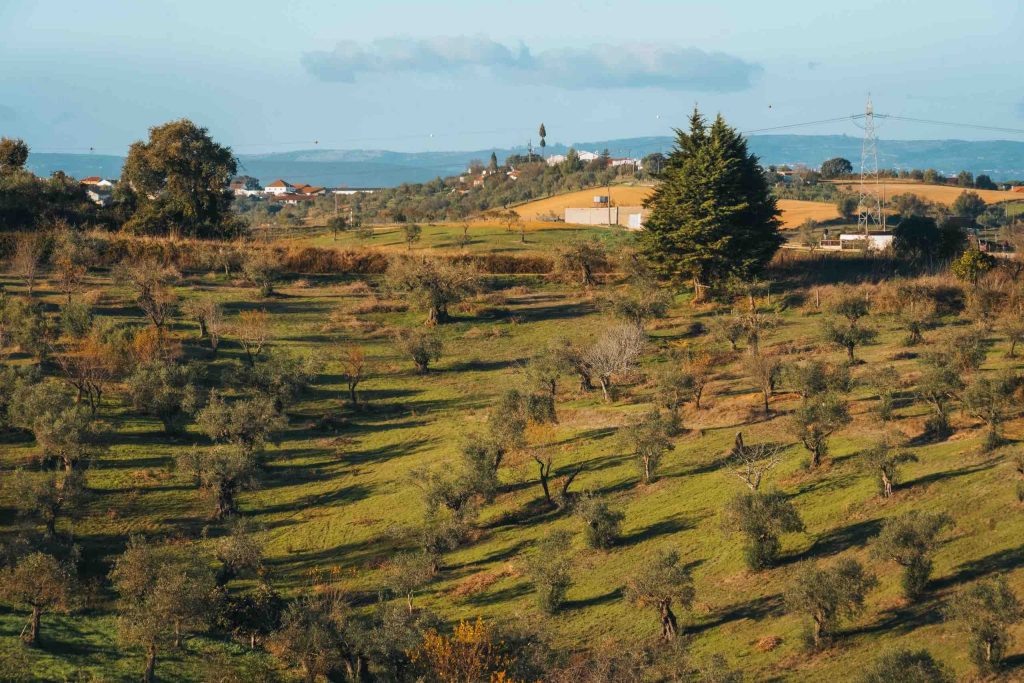Last summer there were floods in Belgium and Germany; now there are heatwaves across Europe, droughts in Spain and Portugal. The Iberian Peninsula is going through one of the most serious droughts in the last millennium. Valuable sectors of the economy such as the production of wine and olive oil are to pay dearly, warns a new study published in the journal Nature Geoscience.
The research directly links climate change to a strengthening of the Azores anticyclone, causing drought patterns in some areas of Spain and Portugal that have not been seen in the most recent 1,200 years. The Azores anticyclone, popular on the news because of its association with good weather and summer is a subtropical high pressure system over the eastern North Atlantic and western Europe.
The system, which rotates clockwise over parts of the North Atlantic, has a major effect on climate and weather trends: in the winter season it is behind winds in the North Atlantic, frost inland, and moisture in the north and west. The new report, carried out by the Woods Oceanographic Institution (USA) has found that the Azores anticyclone has never been so wide and strong, which could dry out and contribute to the desertification of half of the peninsula, with the fateful consequences that this entails.
“Hot, dry summers and cold, wet winters make winter rainfall vital to the ecological and economic health of the region,” the scientists explain. The Iberian Peninsula receives on average about 732 mm of rainfall per year, 40% of which falls during the winter.

Olive oil production in Tunisia may fall by 70%
And the impact of climate change is not only being felt in Europe. Olive oil production in Tunisia may fall by 70% compared to the 1981 to 2010 average by the end of the century, a report from the country’s National Observatory for Agriculture found. Agricultural officials in Tunisia worry that the unmitigated effects of climate change, including rapidly rising greenhouse gas emissions, could bring the annual average production down to 61,000 tons.
By comparison, Tunisia produced 240,000 tons of olive oil in the 2021/22 crop year, seven percent below the rolling five-year average. The report also found that annual production may fall to just 149,000 tons each year in a scenario where appropriate climate policy allowed CO2 concentrations to remain at a lower level.
The officials stated that annual olive production was likely to be negatively affected by biennial mild winters in all regions of the country. They warned that trees were unlikely to receive the necessary 300 to 600 chill hours to enable vernalization.
A significant increase in heatwave days in southern and western Tunisia is also predicted to lower olive production and force new olive groves to be planted farther north. Although, the officials also predicted that the north and center-east of the country would also face frequent water deficits.
The report by the Woods Oceanographic Institution warns that the Azores anticyclone “has changed drastically in the last century and that these changes in the North Atlantic climate are unprecedented in the last millennium”.

In the second half of the 20th century, the Iberian Peninsula has experienced a strong annual drought of 5 to 10 mm per decade, and a further 10% to 20% drop in expected winter rainfall is projected for the end of the 21st century. Researchers predict a 30% drop in production in the olive-growing regions of southern Spain by 2100, which would seriously damage the olive sector and the production of olive oil.
According to Euronews, annual exports of olive oil in Spain are worth around €3.6 billion. With the rise in temperatures, 80 per cent of Andalusia’s non-irrigated olive tree plantations may become unsuitable to grow olives.













